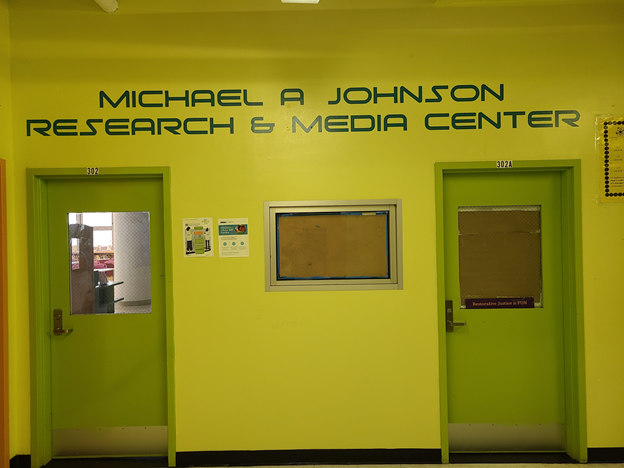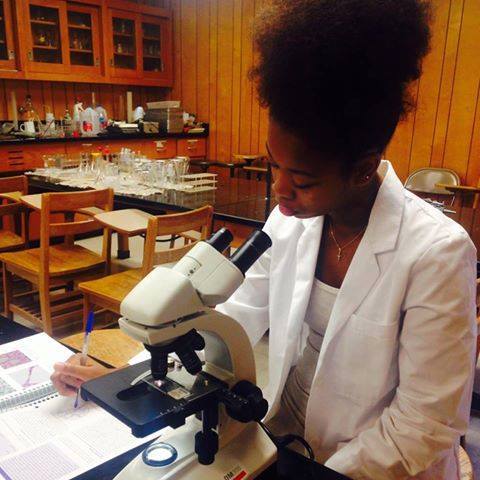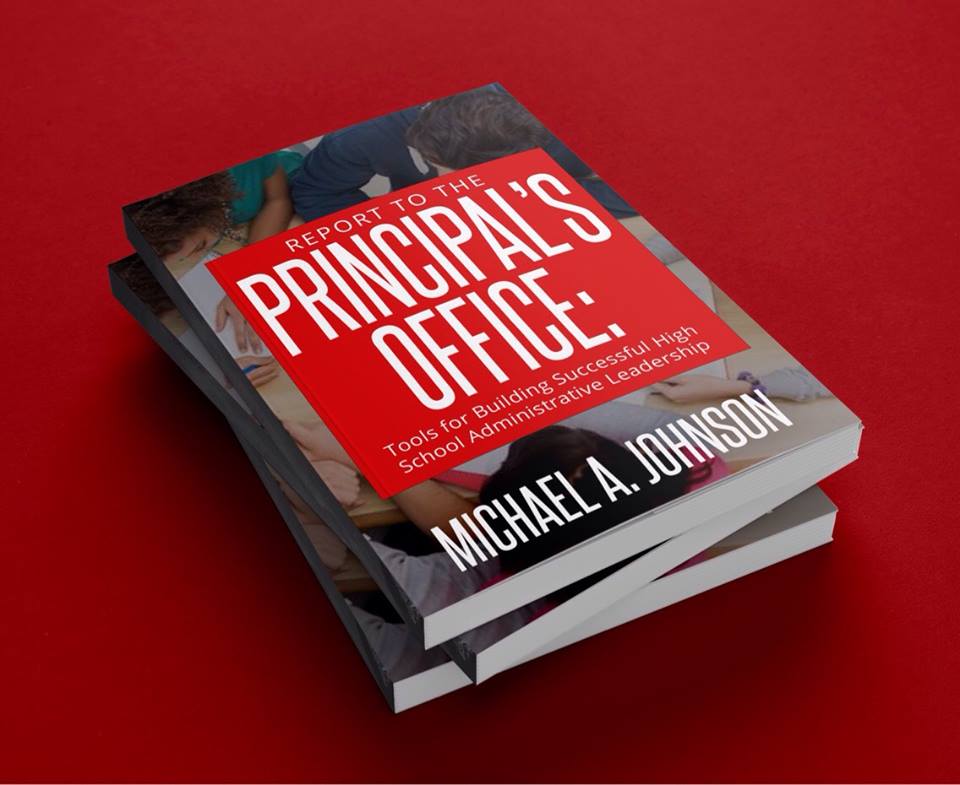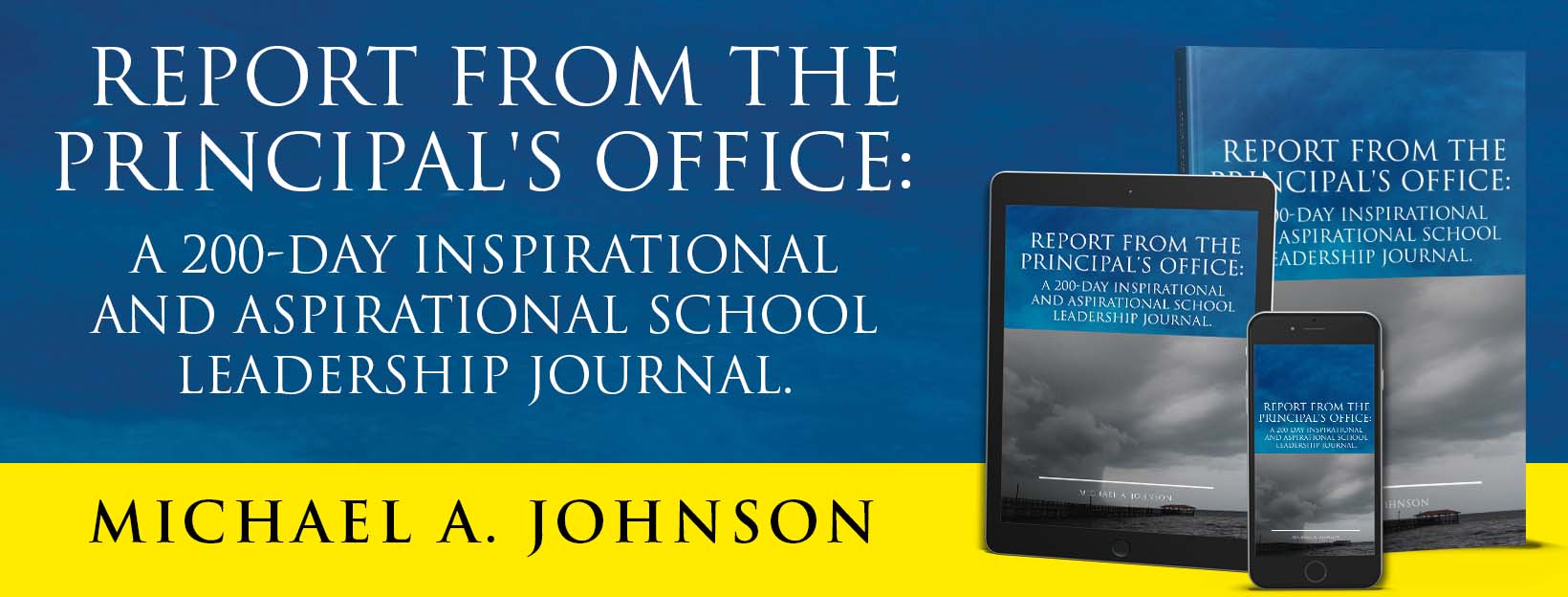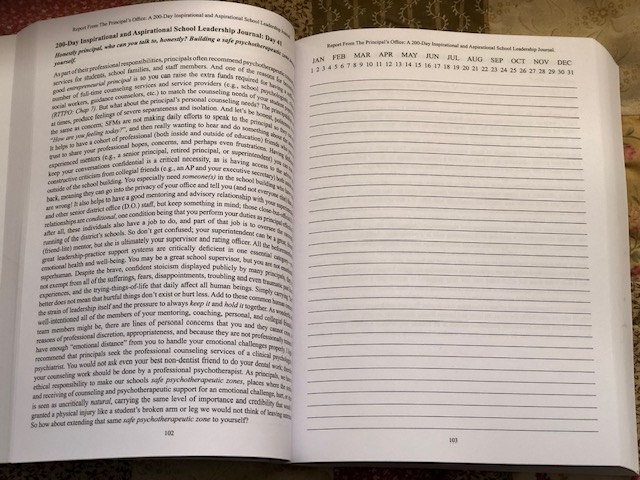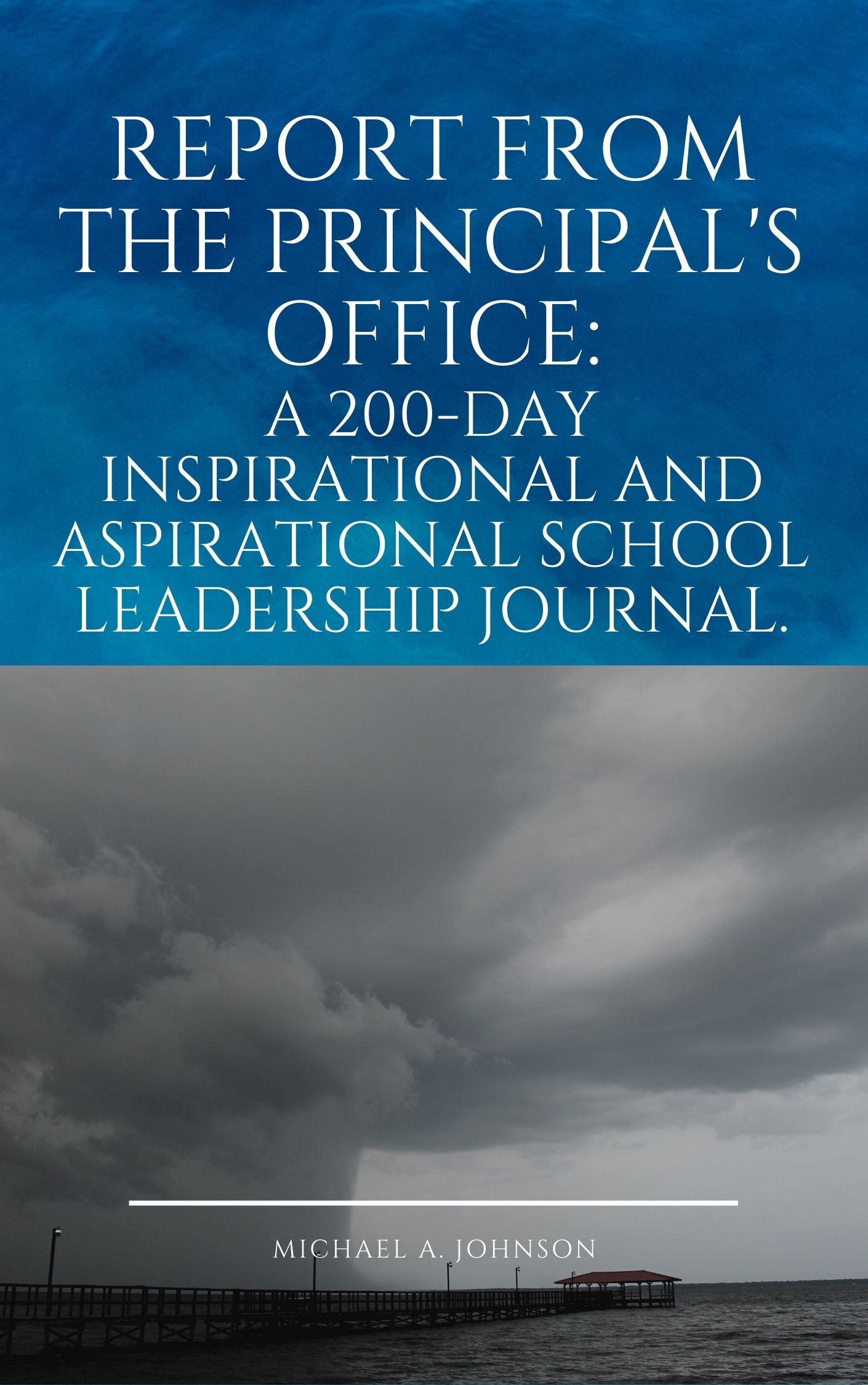Mabey, it’s those 12 years of Sunday School at (Bklyn’s) Bed-Stuy—St. Augustine, where my very strict and determined teachers introduced me to a trinity of concepts: “Devine Forgiveness” –”Devine Grace” –”Devine Sacrifice” —Those things for which we can’t ever accumulate enough ‘good behavior points’ to justify our receiving their unearned and unmerited rewards; essentially saying that we all owe a great debt of receiving an unconditional transcendent love that can be repaid only in small part by the love we spend on our fellow humans.
(And another “St. Aug” Sunday School theme) At critical points in our lives, each of us faces alone the choice: “What do we do when we confront our own personal “Good Samaritan” moment? Do we help out—or do we help not? And what are the consequences of our decision to ignore the emotionally and economically beaten and left to die citizen, and what are the consequences of our non-action decision for us? Or perhaps it’s that “raise up a child in the way…” thing that is driving my thinking here; the idea that was a central theme in my 1950-60’s Brooklyn NY home and community upbringing; this concept (counter to a spirit of vulgar self-serving capital/material accumulation) that one does not simply live for their pleasure and happiness only, that we have a more significant existential human calling to help others; and by helping others we also help ourselves.
We all benefit greatly by having as many of our fellow citizens as possible to realize a productive and rewarding learning life. There is both a moral and practical case to be made for providing everyone with a quality educational experience because those who don’t receive that quality education will, in some way, inflict their unrealized and unrewarding life pain on all of us—and as intellectually lazy and financially rewarding (for some) as it may be, we can’t prison-our-way to a better society; education (more quality and higher quantities of it) is the critical key, the lock, and the door to genuinely making America great, again, and again, and again…
We are in a heightened moment where the most profane liars, compassion deniers, and humanity nullifiers are considered the best persons for a political-societal-cultural leadership position. They callously and cynically say: “I can only succeed and win when I can cause others to suffer; when someone else losses!” — “In order to achieve an immoral victory, I must play the role of the bigoted buffoon; and also play to the worse primitive and selfish instincts of my fellow citizens!”
But in my own biographical (1950-70s) educational timeline, I think of that beautiful and empowering K-16 public-funded education I received as a (debt) free gift from others; but, having done school budgeting as a principal and superintendent, I know that my K-16 public education was not monetarily free! Indeed, my K-16 education was paid for (not by me but) by a large and diverse body of tax-paying members of our society who did not know me in the same way I did not know them. But, then, add to that tax-paying K-16 gift, the tax-supported free enlightening and life-trajectory-changing education I received from the many Brooklyn informal educational institutions such as Prospect Park, the Brooklyn Public Library, The Brooklyn Museum, Brooklyn Botanical Garden, the Brooklyn Children’s Museum, the Brooklyn Zoo, etc. Childhood enlightening experiences for which I have worked extremely hard my entire adult life trying to repay those tax-paying citizens, those unknown to me (and me unknown to them) individuals who invested so much money and faith in my education. And yet, I have come to accept that these great knowledge-acquisition gifts I received as a young K-16 person are the type of life-transforming endowments that I don’t believe I will ever be able to repay fully.
Unfortunately, our materialist-based economic philosophy has caused us to twist and distort the meaning and purpose of the many tax-supported formal K-16 educational institutions, limiting them to the sole purpose of job and employment acquisition. And, of course, a K-16 education should prepare young people to be skilled contributors to their personal and society-wide good. But as a concerned and compassionate community, we should think about investing in free K-16 education as a debt we all owe to the future of our species, a future where we may be absent; these are the quality of human life trees we plant under which we may never enjoy the shade or eat of the fruit.
“Why should I help to make somebody else’s life better and more productive!”
The short answer is that even if a small but significant critical mass of people in the world engages in kindness and helpfulness acts toward others as a lifestyle practice, the world becomes a better place for everyone; the ‘everyone’ includes those less kind and unhelpful to others.
We are presently fully immersed in a national spirit of meanness, selfishness, and a deficiency of caring. We allow fellow human beings to be cynically thrown onto buses and shipped like objects, like things, from Texas to NYC to score political points and win an election. Some have even called this busing brutality “political brilliant!”
But I say it is a sign of leadership thinking weakness and reeks of moral and spiritual decadence. This currently cruel culture of the otherization of our fellow humans allows us to act as if selfishness is a virtue and compassion is a sin; we are told to: “Kick the poor, the homeless, the psychologically ill, the desperately wary traveler; kick them down, and then kick them while they are down, and by all means, don’t show them any mercy or kindness!”
I want for others that which made my life a rewarding story of satisfying occupational service (my salary and benefits paid for by taxpayers); therefore, I have no reason to believe that the ‘tuition debt owing’ college graduates of today are any more societal ‘moochers,’ or less dedicated to making some meaningful change in the world than me and my fellow 1960-70s free tuition City University of New York (CUNY) student colleagues. And my CUNY generation was very appreciative of our free education; and did indeed strive to make many influential societal contributions just like those before us who went to college for free under the G.I. Bill.
Historically, if you avoid limited thinking, the added cyclical value of college debt forgiveness is that you expand the financial viability and capability of professional and working-class taxpayers, who could better fund good public-works projects like—education!
But the ‘greater good’ blessing (“the tax-paying gift that keeps on giving”) of the greater community is the understanding that through my tax contribution, I will help pay for those things that have tremendous essential communal value, the necessary bridges I may never cross, the vital roads I may never travel on, the fire department I may be fortunate never to need to call, and of course, investing in America’s human potential by supporting PreK-16 public schools I will never attend.
However, one day I hope that, as a highly evolved community of citizens, we will recognize the full meaning and value of education and make all PreK-16 public schooling free for all citizens who want to learn and develop themselves; that is the lifesaving and life-enhancing debt we truly owe to ourselves, to reduce individual and societal pain and suffering, paying now and forward for our personal and collective peace and happiness, for the benefits of human intellectual and emotional development, and the compassionate care for the well-being of our mother earth, and all who take comfort and shelter in her environmental arms.
